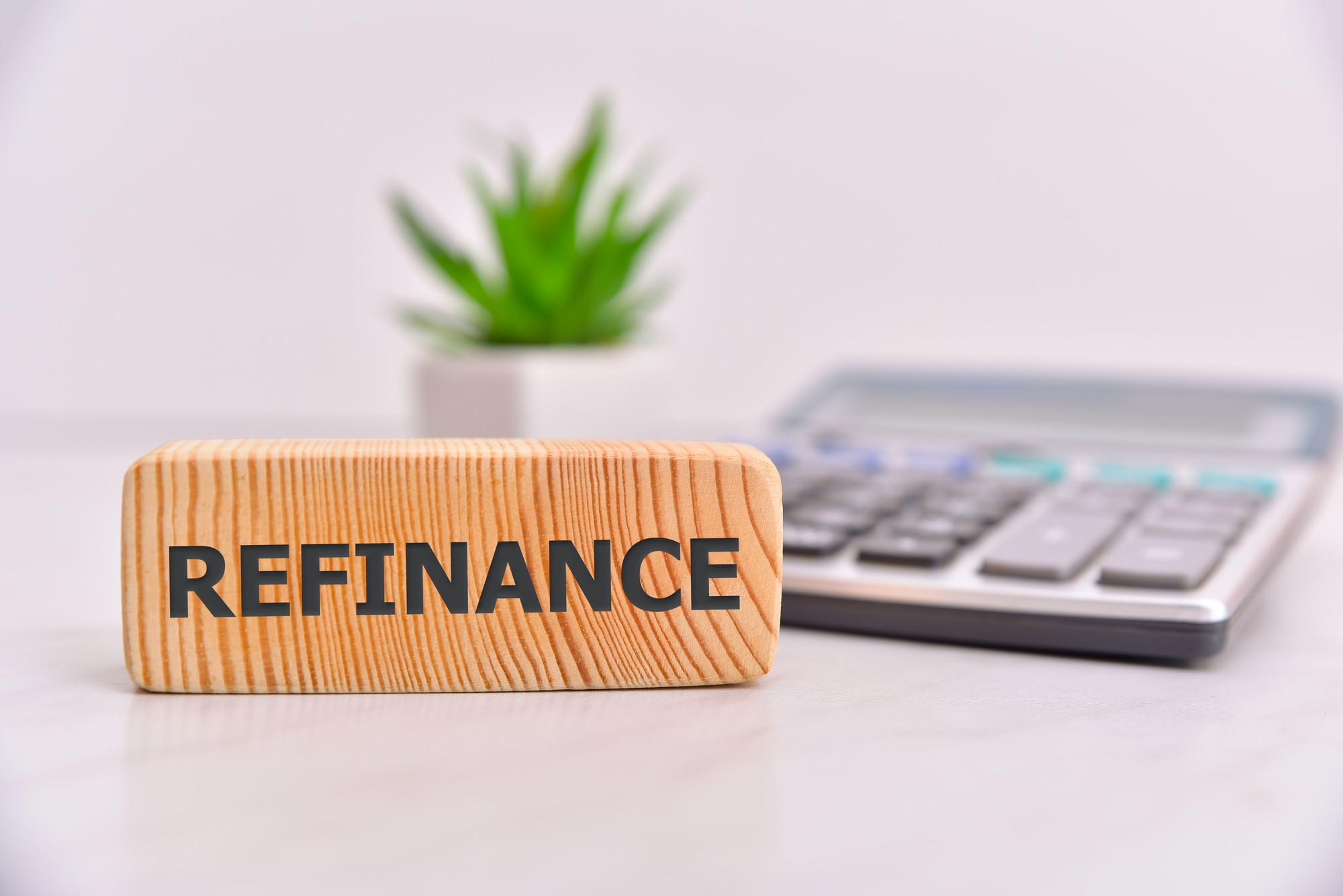Given property values on the rise, understanding how to enhance your home loan serviceability can mean the difference between obtaining the keys and being shown the door. Evaluating your borrowing capacity allows you to determine what kind of homes you can afford to purchase. Prospective homeowners and investors frequently spend time looking at properties that are out of their price range as they do not realize how much time they will be able to borrow for a home loan.
Simply explained, borrowing power is the mortgage amount that a lender is likely to accept you for depending on your financial position. A higher borrowing power indicates that lenders believe you will repay a larger loan.
What is home loan serviceability?
Every time a lender loans money to a home buyer, they are effectively making a business investment. As a result, they must determine whether you are a safe bet, which they do by evaluating your house loan serviceability.
It is not merely just for the benefit of the bank. If you obtain a loan and are unable to repay it on time, your ability to obtain future loans will be hindered due to a blemished credit score.
How it is calculated
The serviceability is estimated by adding all of your revenue, including your salary, rental income, and investment interest, and then subtracting your spending and other repayments, such as your various loan repayments.
Although, it is not always clear, especially when factors such as your employment status (i.e., contractor, freelancer, or full-time) and the number of dependents you have are considered. Lenders will calculate your mortgage at roughly 2.5 percent higher than the market rate, or at 7.5 percent – 7.8 percent, as part of the process of assessing your serviceability, to assure that if interest rates rise, you will still be able to confidently pay back your loan.
The benefits of increasing your home loan serviceability
The good news is that house loan serviceability is not a fixed condition; there are steps you can do to enhance it and thus increase your chances of obtaining a loan at a fair rate from a variety of products. Another advantage of higher serviceability is possessing a larger buffer to reduce risk if interest rates rise. This will relieve a lot of stress and provide you with a secure net to fall back on if something unexpected happens.
Here are five things recommended to improve your home loan serviceability.
- Reduce credit limits
Even if you have no debt on your credit card, your limit will be treated as prospective debt when lenders evaluate your situation. As a borrower, having fewer credit lines and eliminating that potential risk will make you much more appealing to the lender. You have the ability to modify your credit score if you are aware of it. Even if things are not looking good, commit to making regular, on-time debt and bill payments. Remember to check your credit report for mistakes, which might occur over time.
- Aim for stable employment
Some lenders may consider self-employment or contractors as a danger. If you are in a new position and still on probation, this can have an impact on your serviceability; thus, it is preferable to apply for the loan after you have completed probation, as this allows you to establish a consistent and steady revenue stream. Although with the right expert by your side it is possible to get your application approved.
- Finish off BNPL loans
Buy Now Pay Later (BNPL) products are now widely accessible in most retailers in New Zealand; they are simple to use and may be viewed as an excellent method to manage cash flow; nevertheless, many individuals are unaware of the impact they have when seeking for a home loan.
BNPL activities frequently appear on credit reports, and generally, they have the same impact as credit cards in demonstrating when you are over-committing yourself through these services. Remember to pay off all of your debts before applying for a loan to improve your serviceability.
- Curb spending
Before purchasing a property, it is essential to plan and save money, not only for the deposit but also to prove your spending habits are healthy to the lender. As you begin to consider acquiring a house loan, it is critical to reduce your purchasing habits.
The lender will need to examine your bank statements when you borrow money, and if you spend a lot of money on takeout and leisure, this will impair your serviceability. Banks need to see that you have appropriate spending habits so that they can trust you to meet your repayments.
- Choose the right lender
Determine what you want and browse around for it. There is now so much competition in New Zealand, and with rates constantly changing, there is no better time to locate the finest products on the market.
So, if you are seeking for low-interest rate for your newest purchase, contact our experienced mortgage broker immediately and get your dream home journey on track.


